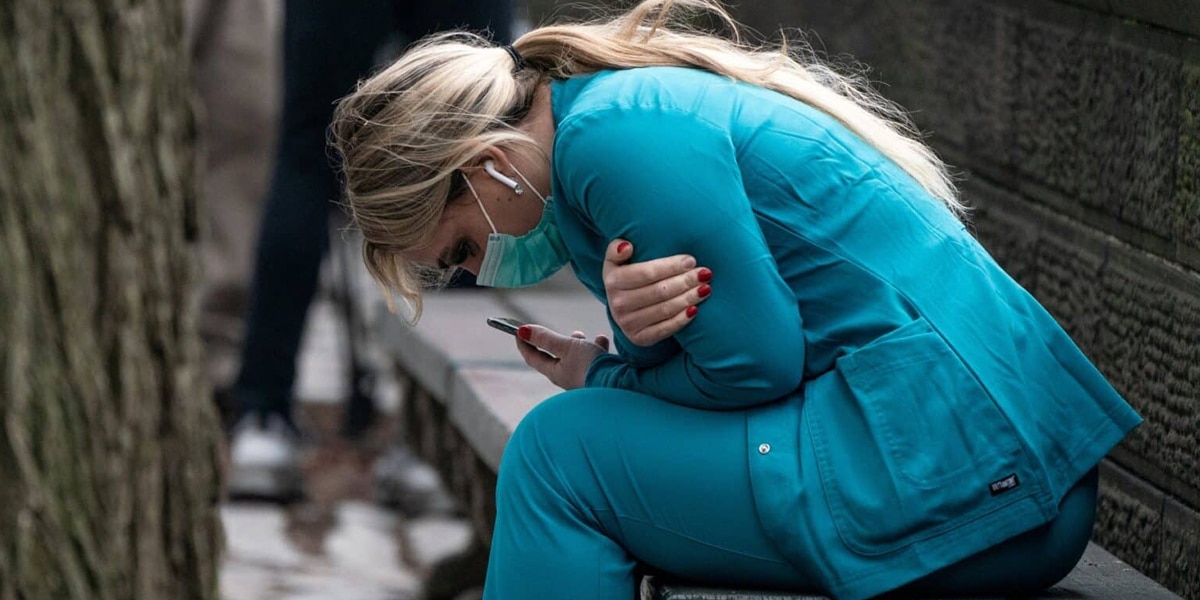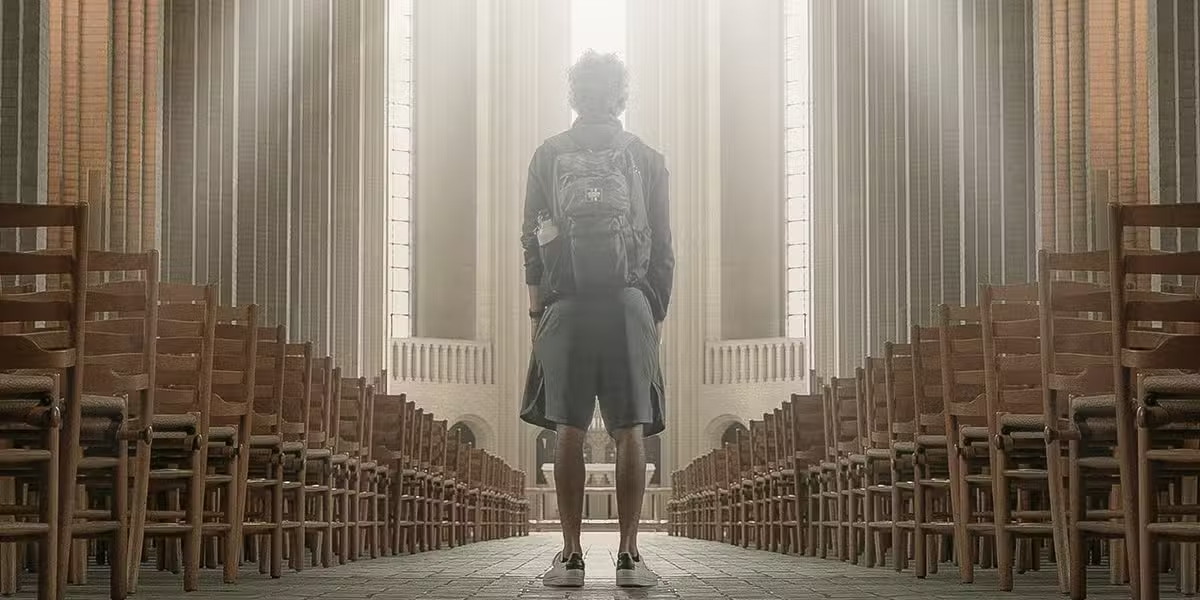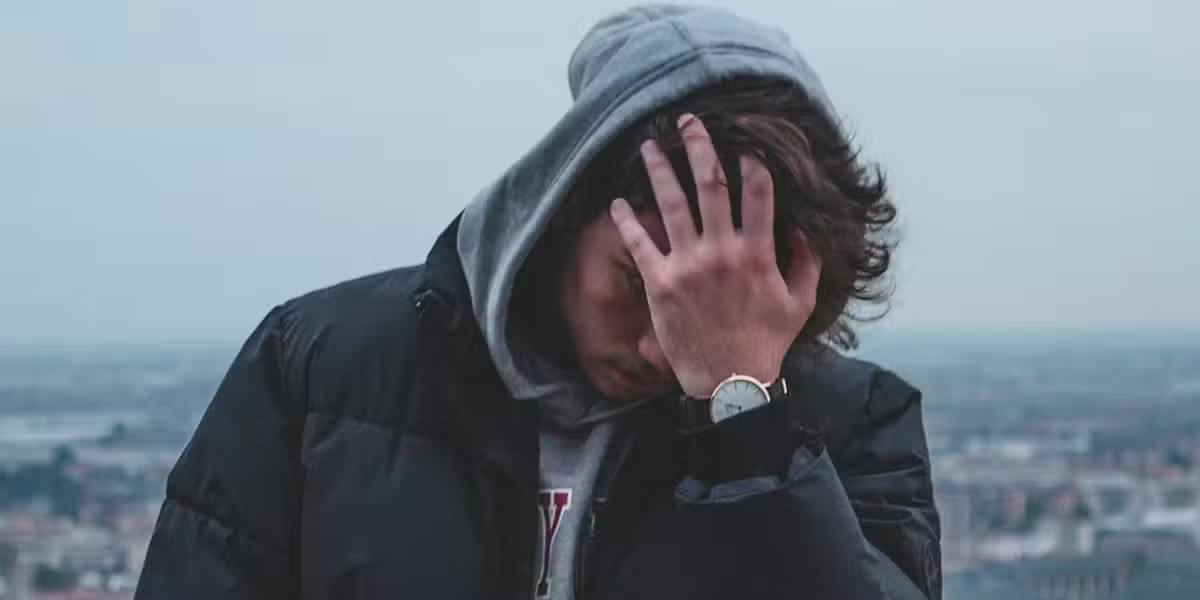Walking through our own pain, with God’s help, leads us to reach out to others.
They’re everywhere. In this age of COVID-19, of worry and sickness, of paralyzing fear and deepening sadness, these brave souls can be found on the front lines: wounded healers. I am one myself. It all began with a single book.
Have you ever read a book that changed your life? I have read many that influenced me in important ways. Harper Lee’s To Kill a Mockingbird gave me a role model for being a father. Carl Rogers’ On Becoming a Person guided my early efforts in learning to be a psychotherapist. John Sanford’s The Kingdom Within opened me to the spiritual potential of my nighttime dreams. But there is only one book that really changed my life.
As I left the Army and entered private practice, I found myself longing to find some sort of bridge between my psychological profession and my spiritual life. After lunch one day, I went to a bookstore and passed by a title that intrigued me. That book was The Wounded Healer, by Henri Nouwen.
I read the book and embraced Nouwen’s notion that our wounds can become a source of healing in our relationships with others. I found myself nodding to words such as these: “Whether [the helper] tries to enter into a dislocated world, relate to a convulsive generation, or speak to a dying man, his service will not be perceived as authentic unless it comes from a heart wounded by the suffering about which he speaks.”
I embraced his notion, and then conveniently filed it away. Then, in 1983, I found myself drawn to read the book again. As I read it, I found myself returning to this thought: “You know what your biggest wound is. Now face it!” I resisted for a few more weeks, but the thought and Nouwen’s book wouldn’t leave me. Finally, through my clearest experience of grace, I woke up (literally, as well as symbolically) on June 2, 1983. I confronted my addiction and began the process of seeking help. I faced my deepest wound. That journey has never been easy and continues to this day. But it has deepened my understanding of what it means to try to become a wounded healer.
Since then, I have come to know many other wounded healers. Some are professional therapists, but most are not. But all of these special people have a firsthand understanding of pain, healing, and the spiritual power found by facing our troubles.
I think of the many addicts I have known, and their reaching out to other addicts. I think of a woman married to a man with schizophrenia, and her reaching out to other families with a member who suffers from mental illness. I think of many veterans struggling with the horrors of post-traumatic stress disorder, yet sharing with others their learnings as they try to heal.
These people have chosen to learn what they can from their own journeys of woundedness, and to share that learning with others.
The Original Healer
The saints are also replete with wounded healers. St. Paul draws on his own struggles to deepen an understanding of moral battles. St. Thomas More battled fear and depression as he struggled to speak his conscience.
Even Mother Teresa acknowledged struggles with the darkness of doubt. This honesty deepens her credibility, especially to someone like me for whom doubting is an ongoing part of the journey. Thus, when I encounter a saint who faced inner darkness and tried to build an edifice of compassion on those wounds, I feel these are people I can approach.
We have other modern-day examples as well. Bill W., the cofounder of Alcoholics Anonymous, drew on his own addiction to build an organization that now helps addicts worldwide. Psychiatrist Viktor Frankl drew upon his experiences in the Nazi death camps to formulate logotherapy, one of the few psychotherapies that talks directly about suffering. Harold Kushner drew upon his own family tragedy to write When Bad Things Happen to Good People, a work that has helped millions face senseless suffering.
What I’ve come to see is that wounded healers offer many things: knowledge, resources, and creative problem solving. But what they offer more than anything else is that most elusive, yet most important, spiritual and psychological experience: hope.

Offering Hope
We all know that the three cornerstones of the Christian message are faith, hope, and charity. I have heard many sermons on faith and charity, but few on hope. Hope, in many ways, may be the greatest need we have as we struggle to live in an increasingly troubled world. I’ve come to see that my own work involves helping people find it. Without hope, there is little motivation to face wounds, to heal, and to make changes.
Quite simply, the message is, “If I can heal, so can you.” What wounded healers then do is to help each sufferer find within himself or herself the seed of healing. I cannot heal anyone. But I believe within each of us is everything we need to heal. We just don’t always believe that. God didn’t just dump us into this world with a pat on the back and a wish of “Good luck!” Rather, God, knowing how challenging life can be, equipped us with everything we need to cope and to grow. Most of us stumble along the way and lose sight of this.
As we grope in the darkness, we may believe that hope and healing are found externally—perhaps in religion, perhaps in therapy, perhaps in some New Age guru. Much like Dorothy in The Wizard of Oz, we go through all kinds of misadventures trying to find our way home. If we’re blessed, we may cross paths with someone who helps us see that the answer we seek was within all along.
Does such a point of view leave no room for God? The healing potential within each of us comes from God! But we must find and activate it. Jesus gave us a clue when he said, “The kingdom of God is within you.” I have come to believe that this is one of Jesus’ strongest sayings, and it is one of the ones that got him killed. It is a revolutionary thought: God is residing within each one of us, waiting.
It is this healing power that a wounded healer models. He or she is living proof of the existence of the kingdom within. I know I never would have healed myself. I’d tried that, but it didn’t work. I needed that infusion of grace as well as an introduction to a roomful of wounded healers who, by their sharing, helped me find and maintain the hope that I, too, could heal.
An Ongoing Process
The common ground we find with a wounded healer can sometimes be surprising. As I was battling denial early on, I heard the testimony of a man who was a stereotypical alcoholic. He had literally been dragged out of a gutter by a policeman.
I thought I had nothing in common with this man. But then he spoke of self-hatred. His words have stayed with me: “When I looked in a mirror, I hated who I saw.” That experience I knew. Though he and I differed on the surface, we were brothers underneath. Thus, help can often come in unexpected ways. As Anne Morrow Lindbergh (herself a wounded healer) wrote in her book Gift from the Sea: “We must use any signposts that exist to help us through the wilderness.” For me, a grubby homeless man, unshaven and dirty, was one of those signposts.
There is an irony here. Wounded healers don’t heal. They know the power to heal comes from a spiritual source and that each one of us has the potential to connect with that source. This is one powerful aspect of Jesus’ rich statement, “The kingdom of God is among you.” The wounded healer— whatever his or her spiritual path—does not pridefully take credit for the healing. He or she is simply passing something along.
I have known many people who try to be helpers without facing their own wounds. I remember one man training to be a therapist. I suggested there might be a need for him to consult with a therapist himself. His response? “I’d never do anything like that!” Not a good sign. As one heals on the path to becoming a wounded healer, it is very tempting to rest on one’s laurels, being content simply to enjoy one’s new life.
As one person early in recovery said to me, “I’m not drinking. Why would I want to hang around with a bunch of drunks?” I pointed out to him that these weren’t a bunch of drunks hanging out in a bar. It was a bunch of drunks trying to help each other “keep the plug in the jug.” Beyond that, I pointed out to him that he might have something to offer to others and that the helping of others might help him stay sober. He went back to his meetings.
Becoming a wounded healer is always a process—never a finished project. There is always more to learn about being of help to others. Thus, I must always remember first to listen and remember that the wounded healer path may begin when I face my wounds, but it continues for a lifetime.
Light Conquers Darkness
About a year after he died, I read a book titled Wounded Prophet: A Portrait of Henri J.M. Nouwen, by Michael Ford. In this book, it was revealed that Nouwen had been gay. Apparently there had been pressure on him to “out” himself while he was living, but he did not.
I had no opinion then and don’t now on that issue. What I do know is that when I learned about Nouwen’s struggle, I loved him even more. I always sensed that he struggled. Now I knew a bit more of how. His credibility in death grew with me.
It seems appropriate then to leave you with one of Nouwen’s many rich thoughts on woundedness: “The more I try to disentangle myself from the darkness, the darker it becomes. I need light to conquer my darkness, and that I cannot bring about myself.”
Sidebar: Steps to Becoming a Wounded Healer
1) In your journal, take an inventory of your wounds—healed or unhealed. Don’t judge. Just notice.
2) Assess what steps you need to take to face those wounds. What gets in the way? Pride? Shame? Fear?
3) Decide which healing path might work for you: support groups, 12-step programs, spiritual guides, or psychotherapists. Reach out.
4) As you heal, be grateful and celebrate. Gratitude is a key attitude of the humble wounded healer. Celebration is sharing in God’s joy.









1 thought on “Wounded Healers”
his article serves as a reminder that our imperfections are not weaknesses, but rather essential components of our ability to offer genuine compassion and support to those in need. Truly inspiring and thought-provoking.